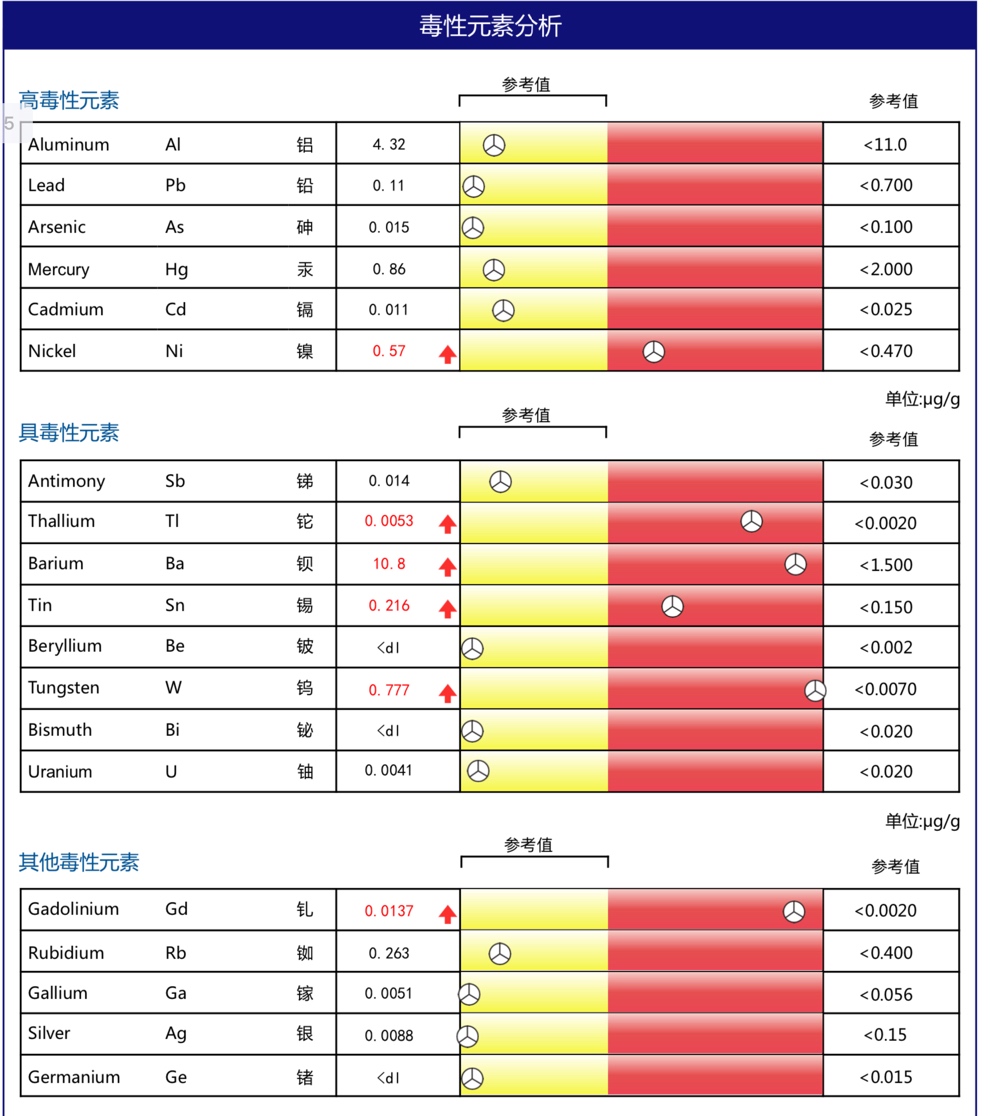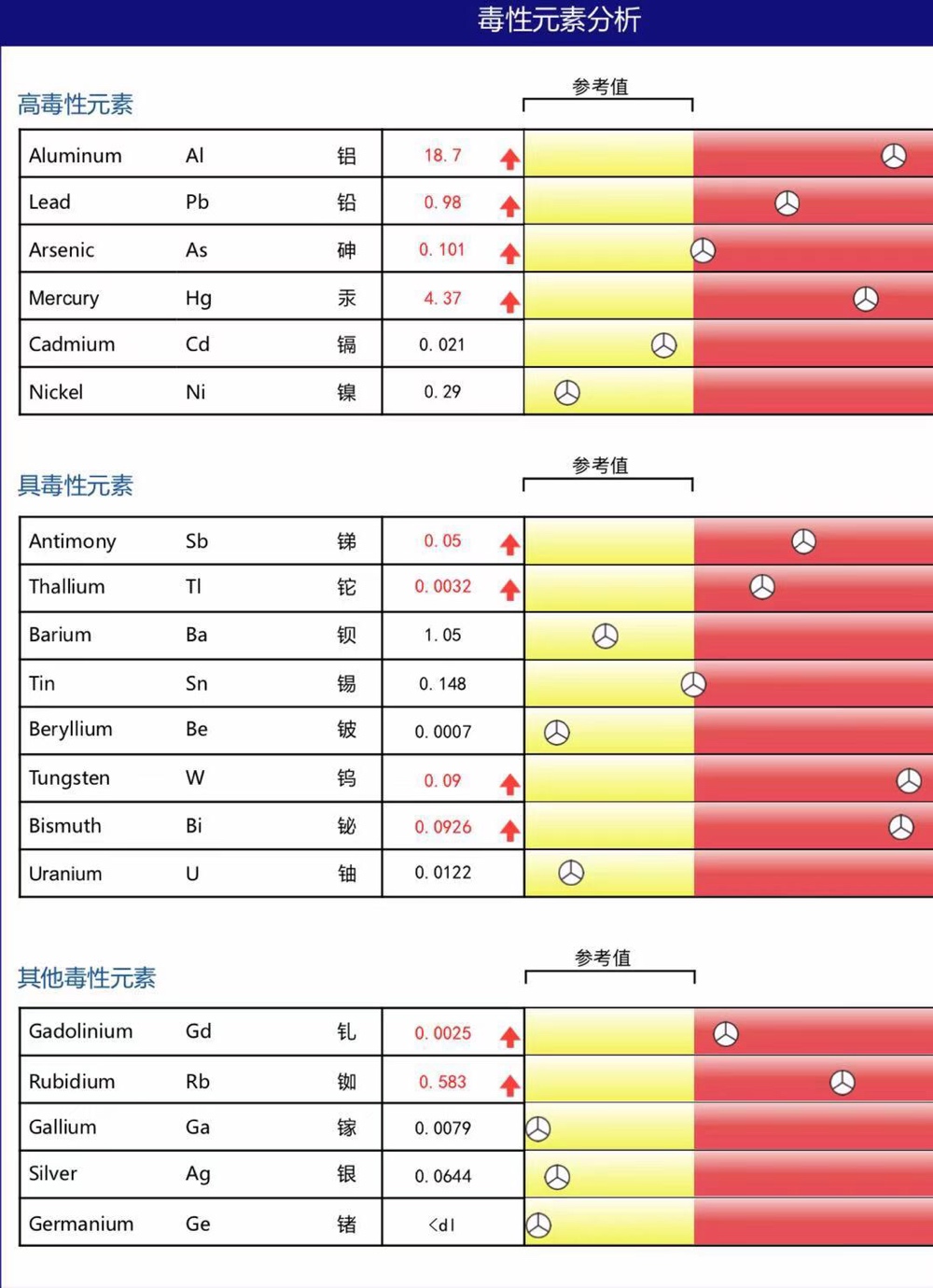A very important part of an ideal cancer management plan that is missing in today‘s cancer mangement is the “seed and soil” relationship of cancer. Why do cancers grow in some people? Is it because of bad luck or bad genes? Why is cancer a lot more common than it was decades ago? One of the main reasons is that there are many more carcinogens around us today than before. On top of that is our reduced ability to fight cancer (e.g., reduced antioxidants from reduced vegetable intake in the diet). Therefore, in a cancer patient, we need to ask what is the overall health status of the patient? Are there any known carcinogens in the patient? Or maybe the patient is low in cancer-fighting nutrients (e.g., antioxidants). What other cellular functions that are already damaged? Without addressing these issues, a cancer management program is flawed. In other words, we need not only to help the patient to fight against cancer, but also help the patient to regain his/her health, his/her cancer fighting ability.

Toxic Metals in a Colon Cancer Patient
Here is part of a the tests we ran on a newly diagnosed colon cancer patient. The test shows he has way too much nickel, thallium, barium, tin, tunsten, and gadolinium. Most of these heavy metals are highly toxic and carcigenegic. And yet he has them in his body, and God knows for how long.
So in his cancer management, we need to include heavy metal removal program to improve his odds of success.

Poorly Controled Glucose and HbA1C
Here is his glucose metabolism tests. He is a diabetic and his glucose control is still less than ideal. He needs to be more strictc on the ketogenic diet to further reduced his blood gluose and HbA1C levels.

Highly Toxic Metals in a Urinary Bladder Cancer Patient
Therefore, a good comprehensive cancer management program should include these tests (including the tests shown here and other tests), and then attempt to correct these underlynig problems in addition to direct anti-cancer management.
For anti-cancer management, we use a cancer metabolic theory based – approach that includes Restrictive Ketogenic Diet.
More Info: http://www.drwlc.com/blog/2017/03/16/integrative-cancer-therapies-introduction/
